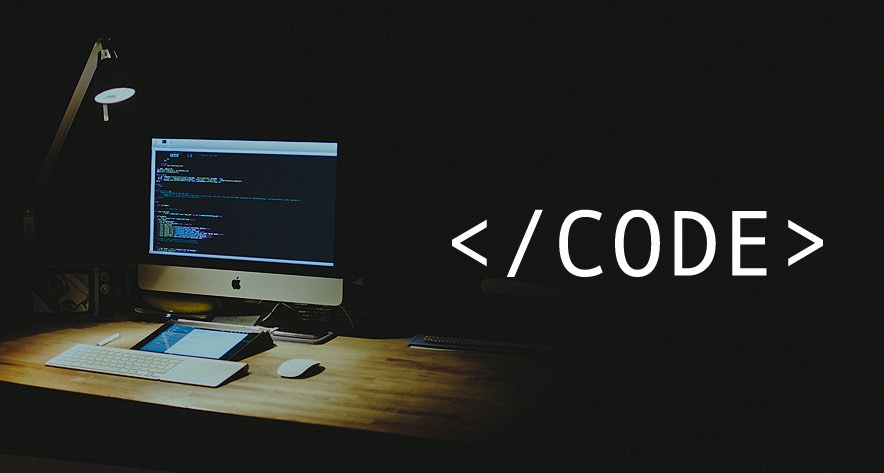Getting started With Learn To Code
Thursday, 15 March 2018
Getting started With Learn To Code
The hardest part of learning something new is to actually getting started. The first thing you have to do is to decide which particular language you want to learn. There's a plethora of different languages out there like Java, JavaScript, Ruby, Python, C++ or Objective-C.
Choosing the right language is crucial when it comes to implementing concrete projects. For example Android apps are written in Java while iOS use Objective-C (or Swift). Web applications are written in JavaScript (at least parts of the frontend) while hardware-targeted software often use languages like C or C++.
You should read the corresponding wikipedia articles for those languages which sound interesting to you to get a general view and then decide which language you want to start with. But don't stress you too much, learning the second language is much simpler than the first - so your decision is not written in stone.
Often the language decision is taken by someone else for you, e.g. if you're going to visit a programming course at school, university or even online. This is how I started to learn programming in Java at university back in 2001. We first made a quick excursion to Scheme (a Lisp-like language) before we deep-dived into Java.
The first things you probably learn in a programming 101 course is the basic syntax and semantic of the language. If you're not able to visit a programming course in real life don't bury your head in the sand. There's plenty of ways to learn the basics of programming. Sites like Code School or Khan Acadamey offer online programming courses. Some universities offer online video lectures (see Coursera). And of cause you can just buy a programming book for beginners. Go to Amazon and search for e.g. java beginners guide (make sure to read the reviews).
Don't learn solely with blog tutorials because more than often they are superficial and unsuitable for beginners. Tutorials are great for more advanced programmers but not so great for beginners.
Avoid StackOverflow
Meanwhile you're able to write some basic code. Depending on the language you eventually know how to compile and run the code on your local machine. You also have some basic understanding how to structure the code in your language of choice. This is a good moment to start your first example project in order to gain more practice. Depending on how you learn your lector/ mentor/ book author will usually provide enough exercises for you to practice what you've learned.
Here's my most important advice to you: Avoid using StackOverflow.com to find the answers to your questions! Seriously, don't do it! StackOverflow is a great source of knowledge but it's counter-productive while in the process of learning the basics of programming. If you use StackOverflow you'll find yourself copy/pasting code snippets into your code without thinking enough about the fundamental concepts and how the code really works.
Instead you should focus solely on the documentation provided by your course or the book you read. You should also use the official language documentation. Using those documentations for solving problems teaches you crucial researching technics. Often you find yourself reading about stuff which not only solves your current problem but widens your knowledge in other parts of programming.
You have to research and find out things by yourself in order to become a great programmer. This way of learning is lengthy and tedious but it definitely pays off at the end.
Failure is good
After successfully finishing your first small programming projects you should feel quite comfortable with the basic edit - compile -run cycle of programming. You're doing fewer syntax mistakes resulting in fewer syntax errors while compiling the code. But you eventually still see semantical errors quite often. But don't be to afraid - failure is good. Every failure you encounter and every problem you solve let your knowledge grow. Even the most advanced programmers make mistakes from time to time.
